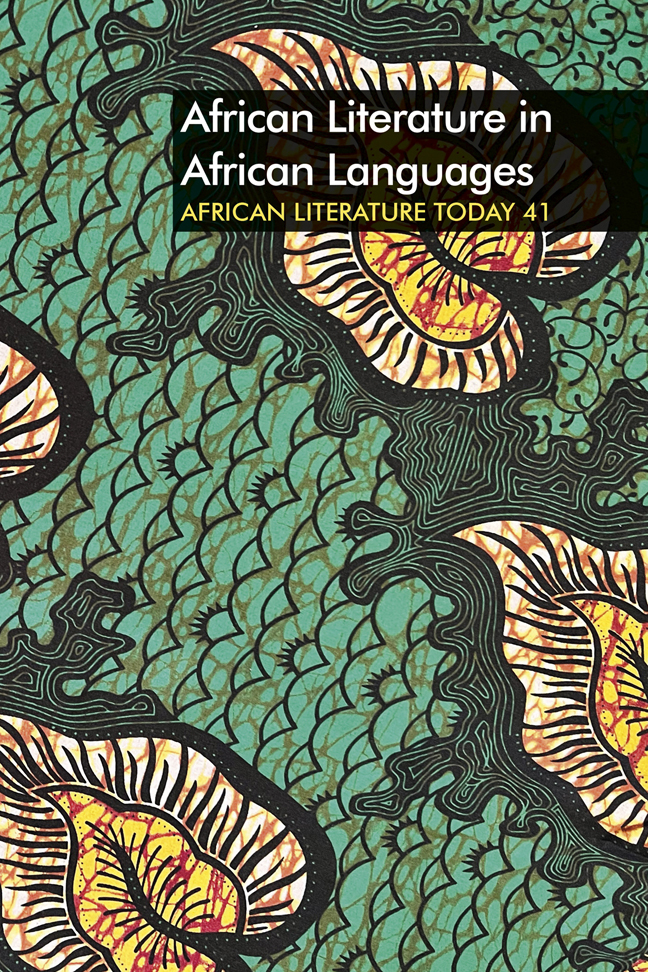Remembering Gerald Moore
Published online by Cambridge University Press: 22 February 2024
Summary
Gerald Moore, a formidable, industrious, ubiquitous, pioneering critic, was involved in ‘the scramble for African literature’ and produced critical writing on various African authors that was published (mostly) by British publishers ‘staking claims’ in the field of African literature. Below, I have begun to draw attention to some of the projects he was involved with, and I have tried to identify some of those benign and malign presences, fairy godmothers or greedy vultures, that clustered around the ‘cradles of the new literatures’. Along the way, I take note of conferences funded by the CIA that Moore attended during the early 1960s and imply that it is misleading to regard the conference of ‘writers of English expression’ held at Makerere in 1962 as simply a ‘Writers Conference’. This is because a glance at the list of those present and a look at some of the encounters that took place at that conference reveal how essential it was that various ‘agents’ were also present. Neglected by organizers of ‘anniversary conferences’, Moore would have had important insights to share with those interested in the 1962 Conference. He had been a privileged observer of the emergence of African literature and was aware how very vigorously it was promoted in English and French.
In 1963, Oxford University Press published Moore's pioneering Seven African Writers. It appeared in the Three Crowns series and showed him writing with authority on a clutch of the authors who were becoming familiar to those interested in what Africans had to say: Leopold Senghor, David Diop, Camara Laye, Amos Tutuola, Chinua Achebe, Mongo Beti, and Ezekiel Mphahlele. Some nine years later, Evans Brothers turned to Moore as a groundbreaking critic and published his monograph on Wole Soyinka. This was the first title in their ‘Modern African Writers’ series, and in it Moore set the tone for that series both implicitly and explicitly. The book embodied his approach, and his prefatory essay about the series indicated how he expected it would develop.
Moore began that essay by referring to the ‘initial excitement and misunderstanding surrounding African literature in English and French’ and went on to draw attention to the ‘small but growing number of writers who may be called “serious”’. He then anticipated that the MAW Series would be varied in approach. (‘No single school or method of criticism will be favoured in the selection of contributors.’)
- Type
- Chapter
- Information
- ALT 41 , pp. 146 - 150Publisher: Boydell & BrewerPrint publication year: 2023



